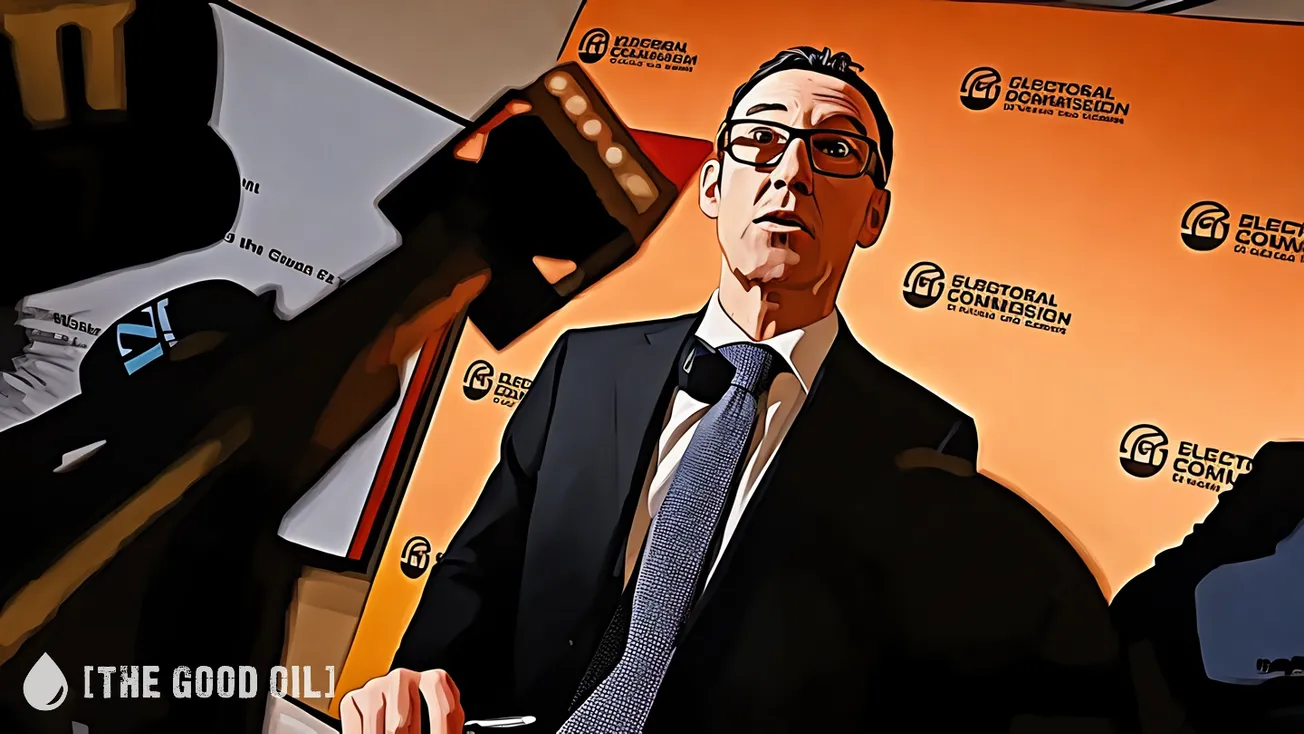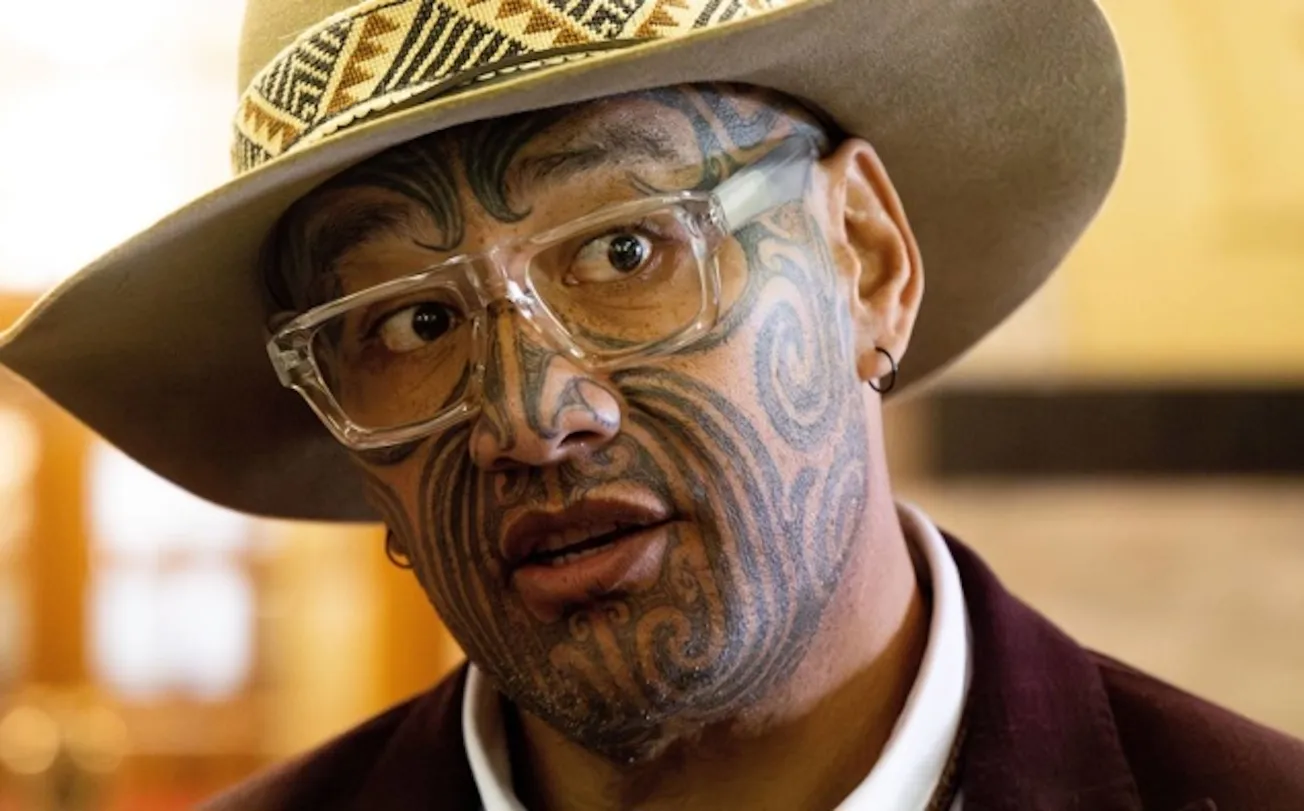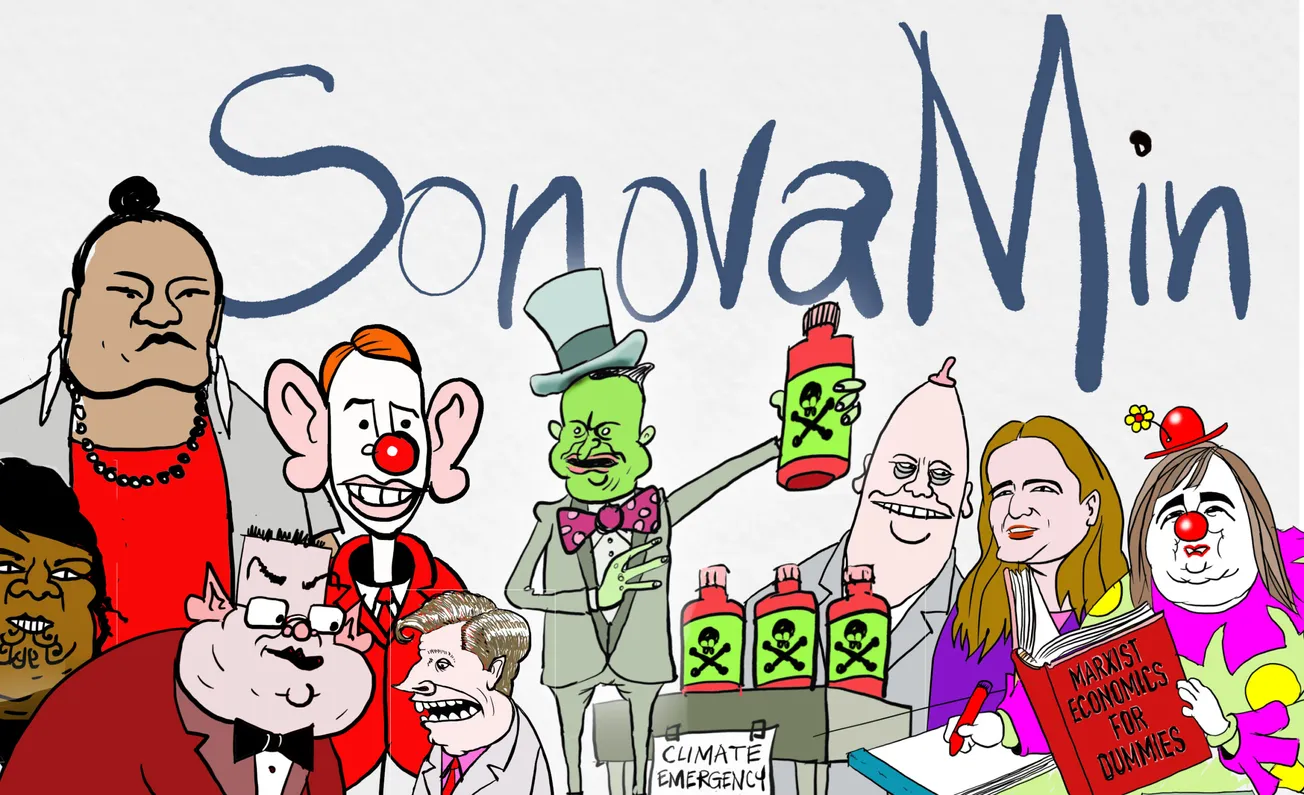Table of Contents
Michael Bassett
Political historian Michael Bassett CNZM is the author of 15 books, was a regular columnist for the Fairfax newspapers and a former minister in the 1984-1990 governments.
If Labour ministers and our left-leaning media knew more about New Zealand’s political history they would stop giving so much publicity to National’s tax-cut plans, ill-advised though they might be. The attacks are only increasing the likelihood that National will be elected. In one celebrated election, 1928, the government and the media concentrated so much of their time on the Opposition’s mistake that they succeeded in electing the tired, frail Sir Joseph Ward to office.
By that time Ward, at 72, was half blind. At his campaign opening in Auckland’s Town Hall, the former Prime Minister and our longest-serving cabinet minister suffered a diabetic blackout and mis-read his speech notes. Instead of promising to borrow £70 million over 10 years to expand the economy, he promised to borrow £70 million “next year”. At the time it was the most extravagant election promise in our history, and brought howls of criticism from the media and from the government of the then Prime Minister, Gordon Coates. Such was the racket that people with only a slender interest in the details of politics and economics pricked up their ears and decided a bit of loose cash sloshing about sounded good to them. Ward was triumphantly elected, but none of the money was ever borrowed, and he was dead within two years.
In this election campaign, the racket from Chris Hipkins and Grant Robertson, and from journalist dimwits, means that National’s promise of tax cuts is now known to everyone and even factored into some household budgets. TV3’s Lloyd Burr smugly excelled himself on Saturday evening, pursuing Chris Luxon around town wanting more information than he was going to get. Since the hullabaloo began about whether National’s promise can be paid for, or whether tax cuts are even wise in the current inflationary environment, National has been rising in the polls and looks likely to take office with ACT’s assistance on 14 October. The left, as it has often done, seems intent on scoring another “own goal”. Next Tuesday at the first leaders’ debate you can count on hearing more about National’s tax cuts. If Chris Luxon holds his ground he’ll be the likely long-term winner.
The media are leading us all on a merry chase. TV 1, TV3, the print media and especially Stuff, Newsroom and the New Zealand Herald are working hard to put the skids under National and ACT. Trawling through ancient ACT emails to produce what they imagine is some former solecism by candidates occupies several journalists night and day. It is all so futile. It would be much more informative, for instance, if they explained how Labour, the Greens and the Maori Party could possibly work together if they got the numbers on 14 October. The Greens seem to be cultivating the fairies at the bottom of the garden with their spending promises, while the Maori Party has long since left the planet. It wants, so we are told, to close all prisons by 2040, despite the fact that Maori break the law at seven times the rate of non-Maori. Maori Party leaders say nothing in their policy promises about the need for a campaign amongst Maori to uphold the law, or to reduce the epidemic of family violence amongst their own. How would they explain the outrage this last weekend at the Mt Albert Vape Shop and at a nearby location in Pt Chevalier? Rawiri Waititi just wants an easier ride for Maori whenever they are apprehended by the Police, no matter the severity of their crimes. And he wants criminal convictions quashed for drug use and possession. Does Chris Hipkins support any of this nonsense? Do the Greens? If you are worried about the rise in crime that has accompanied the fall in prison numbers since 2017, and the rash of ram raids, shop-lifting and break-ins, imagine what it would be like after Waititi had held any position of responsibility, for even a few weeks! Hipkins owes us an explanation about how he envisages working with crazies.
I keep saying that the media could also play a more positive role if they investigated the origins of the policies being advocated by the parties, and what they could mean for any of their possible coalition partners. While all-too-many new election policies appear to come off the back of leaders’ envelopes, they sometimes identify problems that warrant more public scrutiny. The media could also be useful in teasing out alternative solutions. Simply ignoring most policy announcements, and attacking the advocates of a select few, helps no one. But the way they are going, media campaigns will result in more people deciding they’ll vote against the present government. I’m not complaining. But no one can say they are doing a good job, or informing the public who pay most of their salaries.








